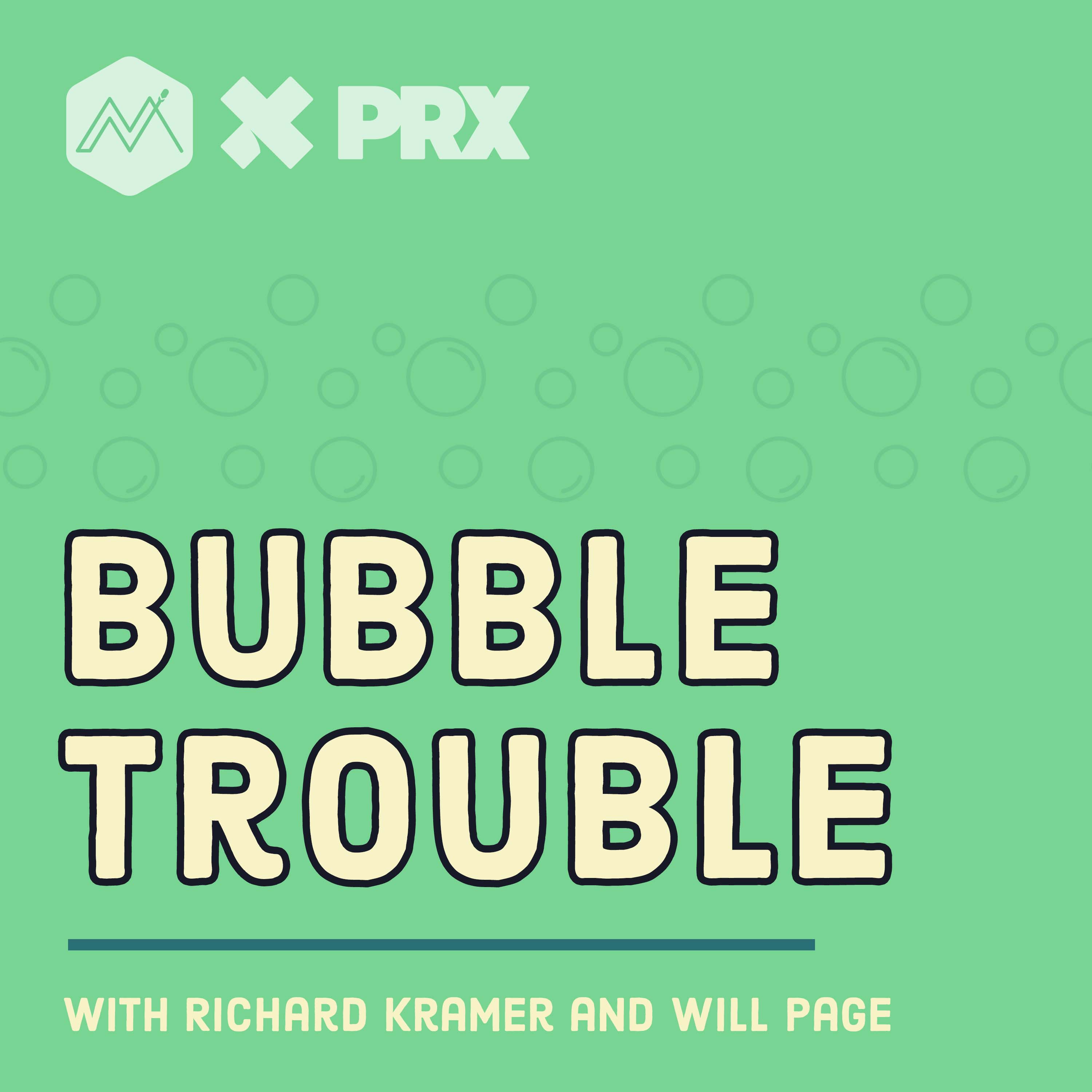Episodes
History Doesn't Repeat Itself, but It Often Rhymes: with guest Kurt A…
Joining us this week is writer Kurt Andersen discussing his books Fantasyland and Evil Geniuses
Poor Standards
This week we look into rating agencies and ask: Why were they invented? What is their purpose? Who pays their wages?
Culture Eats Strategy For Breakfast
With all the emphasis on hard metrics and financials, it's often easy to overlook the culture of companies and the role it plays in their success (or failure).
SPACs Are This Year's Vanilla: Our Conversastion with the FT's Brooke…
SPACs Are This Year's Vanilla: Our Conversastion with the FT's Brooke Masters Part Two
The World is Full of Pyramids: Our Conversation with the FT's Brooke …
Today we have our first of two episodes featuring Brooke Masters, the Chief Business Commentator and Associate Editor of the Financial Times.
Paying Attention
This week we look at the vague way in which various groups have measured the concept of time spent or tried to parcel out the attention economy. How do you really measure attention, and even better, how do you measure the quality of attention or time spent in this attention economy? (Repeat)
The Theranos Bubble
Today we look back Elizabeth Holmes and Theranos. Was this a unique case of "faking it until you make it" or this what everyone in tech does?
Smoking Out Signals in 2022
Today we're going to take a break from blowing bubbles and instead go smoking…and look at the smoke signals we should, and importantly, shouldn't be looking out for in 2022.
Is This The Next Housing Bubble? Daryl Fairweather on Hyper-competiti…
We're back to blowing bubbles in the housing market with Daryl Fairweather, an acclaimed economist from Redfin, where we ask if the double-digit grow in housing prices indicates another bubble.
FOFO: Fear of Finding Out--Hyper-competition in China with George Mag…
We add a new acronym to our alphabet soup: FOFO--Fear of Finding Out, as we discuss hyper-competition in China with economist George Magnus.
Will's Favorite Episode of 2021: Andrew Savikas on Hyper-competition …
For the last two episodes of the year, we’re looking back at favorite episodes for both Richard and Will. This week, Will’s favorite: their interview with Andrew Savikas on hyper competition in the book industry.
Richard's Favorite Episode of 2021: The Charade of the Earnings Call
For the last two episodes of the year, we’re looking back at favorite episodes for both Richard and Will. This week, Richard’s favorite: The Charade of the Earnings Call.
Peak FOMO
We're back to blowing bubbles, the original source of this inspirational podcast, and we deep dive into the force that's driving markets to record highs. Peak FOMO, fear of missing out.
Themes and Dreams
This time we look at the themes and dreams that markets put out there to attract the investor's dollar. If it's too good to be true, are we in dreamland? (Repeat)
Seth Wunder on Hyper competition in the Hedge Fund World
On this episode, we discuss hyper-competition in the hedge fund world with Seth Wunder.
Joe Kessler on Hyper-competition in Talent
In this episode, we're in conversation with our fifth special guest, Joe Kessler of UTA IQ, discussing hyper-competition for that scarcest of commodities--talent.
Andrew Savikas on Hyper-competition in Book Publishing
On this episode we discuss continue our series on hyper-competition, this time in the business of the written and spoken word.
Mike Follett on Hyper-competition in Advertising
On this episode, we're in conversation with our third special guest, the source of truth and the mad men and women of advertising, Mr. Mike Follett. The point where quantity goes up and quality goes down, we call that hyper competition, and certainly...
Too Smooth To Be True
This time, we're going to talk about how market trends are all too often too smooth to be true. What might that mean? Well, life isn't as predictable as it might first appear, meaning those unpredictable events may have been planned all along. "Great...
Sucking on Subsidies
This week, sucking on subsidies. Government grants, fat contracts, tax credits, state aid, all the cash a company didn't generate on its own. Does it help? Or does it stoke up problems for a future date?
James Cridland on Hyper-competition in Podcasting
This episode we're back into hyper-competition, speaking with Podnews editor James Cridland. We have some real-time thinking, some real-time podcasting about a problem that we've yet to solve...that problem being, is there too much choice? And to...
How Good Is Good Will?
This week we get to the good, the bad and the ugly of "goodwill," how it's supposed to be used and how it can often be abused in bubble trouble.
Paul Sanders on Hyper-competition
This week we kick off a series on episodes on hyper-competition (the point where quantity goes up and quality goes down) with the man who coined the term, Paul Sanders of state51.
Unpack the SAC
This week we unpack the SAC. That's Subscriber Acquisition Costs--getting to the heart of the issue and the core of why we find ourselves reverting back to bubble trouble. What's the customer really worth? And how much did you spend to grab them and...


